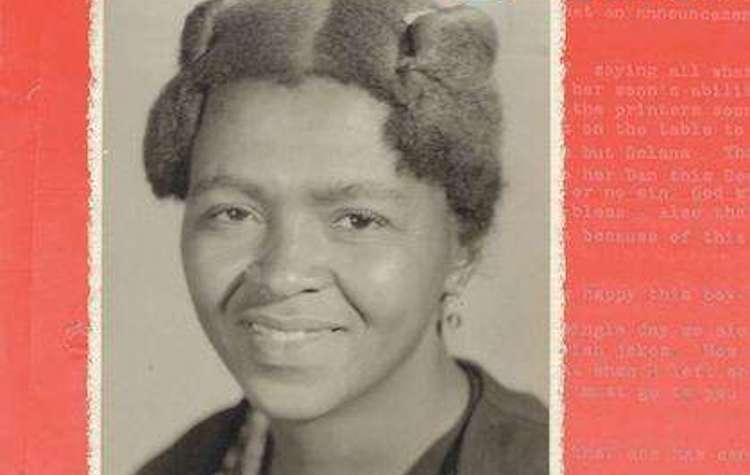By Lisa Vives, Global Information Network
NEW YORK (IDN) — To some, she was a towering intellectual, a pioneering African feminist and an anti-colonial political activist. But almost no one knows her name or her story, says Joel Cabrita, a researcher and director of the Center for African Studies at Stanford University and author of the biography “Written Out.”
Cabrita, who grew up in Eswatini (formerly Swaziland) in Southern Africa, drew on her own genealogy—the child of an Afrikaner mother from South Africa and a father of Portuguese descent from Mozambique—to research the life of Regina Gelana Twala.
“Written Out” recovers Gelana Twala’s literary and political contributions while exposing the white academics, apartheid officials and politicians who conspired to erase her legacy.
Born in South Africa in 1908, Gelana Twala was a victim of the Natives Land Act, passed in 1913, which dispossessed Black South Africans and forced an exodus to towns and cities. She followed a similar path, moving from rural Natal to Johannesburg in her 30s to work as a teacher.
Continuing her studies at the famed University of the Witwatersrand, she was the second Black woman to graduate in 1948 and the first to graduate in social science in South Africa. She did contemporary research on women and started a library for mothers, so their girl schoolchildren could come after school and read.
One of the founders of the Swaziland Progressive Party, Eswatini’s first political party, in 1960, she was later arrested for taking part in the Defiance Campaign against Unjust Laws, a non-violent multi-racial resistance movement with roots in the ANC.
When the racist apartheid government was voted into power in 1948, Twala became involved in anti-apartheid politics.
Twala, who died in 1968, left behind a trove of letters between her and her husband, several full-length manuscripts, and a collection of newspaper columns, inspiring Cabrita to write Twala’s biography, now published by Ohio University Press.
“I have been given access to 30-plus years of correspondence,” said Cabrita, who is in close contact with Twala’s family. “It’s a unique archive —both personal and political. She and her husband were close friends of Nelson and Winnie Mandela. So, there are mentions of big events and famous people and a record of black politics in this era, but also a record of intimate family life.”
“I think African history is dominated by this canon of big men,” continued Cabrita. “There’s a process of public memory, who gets remembered and who gets forgotten.”
Now Cabrita is focused on ways to identify and share the voices of those left out of the African narrative. She plans to start by creating a digital archive of Black African women writers, starting with Twala and building the archive over time. “It can be challenging for some audiences in Africa to access expensive books, so I want to create a website,” she said.
“Some works could be read out loud as an ongoing radio show. It would be a way the authorial voice can be retrieved.” [IDN-InDepthNews – 13 February 2023]
Image: Cropped from Joel Cabrita’s “Written Out”, the life of Regina Gelana Twala (Ohio University Press)


